Description
In 2019, Collège Boréal established an applied research sector to meet the economic, industrial, and social needs emerging in the communities it serves.
What is applied research?
Applied research is used to find practical solutions to concrete challenges. To do so, it uses the latest technologies and discoveries to create new products, services, and processes or to improve current practices and products.
Our Services and Resources
- Support and guidance in project development, including the development of funding applications and receiving ethical approval when necessary
- Identification of sources of funding and administrative management of projects, agreements, and reports
- Prototyping and concept validation
- Creation and sharing of tools and resources
- Access to the expertise of our highly qualified researchers
- Support from our students in your projects supervised by our researchers
- Access to our research and innovation facilities and to our state-of-the-art equipment
- Support and guidance in the development of funding applications and ethical evaluation requests
- Identification of funding source and administrative management of partnerships, projects, agreements, and reports
- Support for multidisciplinary collaboration initiatives and research partnerships
- Access to research and innovation facilities and state-of-the-art equipment
- Opportunities for internships, summer jobs, and part-time jobs for your students
The Province of Ontario issued its Commercialization Mandate Policy Framework in early 2022. The objective of Ontario’s Commercialization Mandate Policy Framework is to harness the intellectual property generated with the institution’s resources to achieve Ontario’s goal of ensuring that made-in-Ontario innovations benefit Ontarians.
Follow the link for the full statement: Commercialization of Intellectual Property Policy Statement
Collège Boréal is an innovative educational, cultural and community hub serving Ontario’s Francophone population. Its goal is to produce a highly qualified bilingual workforce that is engaged in French-speaking communities and contributes to the economic, social and cultural vitality of the province and the country. Visible and recognized, Collège Boréal enriches communities through the quality of its training and personalized services at its seven campuses and 37 sites in 26 communities across the province.
Newly formed in 2019, Research & Innvoation Boréal continues to innovate in order to remain a competitive provincial and national leader in applied research. Collège Boréal remains on the lookout for emerging research areas and themes and positions itself as a leader in the communities it serves, placing particular importance on collaboration with its communities and multi-sectoral research teams. Collège Boréal develops research partnerships with businesses, governments and communities to address their needs and current societal challenges. We work closely with small and medium-sized enterprises in our regions to provide innovative solutions to the challenges they face. Research projects allow us to jointly develop expertise in research and education for our students. They are at the heart of our research projects. By participating, they benefit from experiential learning opportunities, in-depth training in their field of study and exposure to future employers.
In our approach to IP and its commercialization, our greatest success lies in our ability to support innovation in partnership with companies, and to help them commercialize their products at their request. In fact, during the year 23-24, we supported our partners in accessing information related to IP and its commercialization. In particular, we supported the organization of an event entitled Innovation for a Greater Sudbury – IP 101 in collaboration with Laurentian University, Cambrian College, NORCAT Innovation, the Sudbury Regional Business Centre, and the Greater Sudbury Innovation District. The event focused on IP and how it can accelerate business growth, with presentations from a patent lawyer, the City of Greater Sudbury’s Director of Economic Development, and the owner of a private company that has benefited from IP commercialization. We took advantage of the event to chat with PIO members and share with them the needs of our partners.
Collège Boréal supports research initiatives in a multitude of fields, including the agricultural sector. Many of our partners approach us to develop projects related to the adoption and adaptation of new technologies. However, agriculture is not a sector that falls within the eligibility criteria for PIO services. In fact, to be eligible, the company must operate in one of the following sectors: medical technology and life sciences (not including agriculture), artificial intelligence, automotive technology, mining and advanced automotive manufacturing. In particular, we are working with an industrial partner on the development of a new agricultural greenhouse technology, and have been able to refer them to Assistance PI, the National Research Council’s Industrial Research Assistance Program. Our greatest success in terms of IP support and commercialization is quantifiable in the organization and participation in an educational event, the sharing of tools and resources with partners in our twelve active research projects, and the training of our research teams, including some twenty students.
In March 2021, the three federal research funding agencies (i.e., the Canadian Institutes of Health Research (CIHR), the Natural Sciences and Engineering Research Council of Canada (NSERC), and the Social Sciences and Humanities Research Council (SSHRC)) launched the Tri-Agency Policy on Research Data Management. This policy promotes research data management and data stewardship practices among Canadian researchers. To this end, Canadian postsecondary institutions were asked to develop their own research data management (RDM) strategies and share them publicly on their websites.
Follow the link to access the full strategy (French only): Institutional Research Data Management Strategy
Our Projects
Agriculture
3 Sisters: Symbiotic culture of three complementary native species
The purpose of this study is to explore the value of the three sisters to soil fertility, plant health and productivity, and insect communities.
Domains: Agriculture
Campus: Sudbury
Partner Organization: Northern Ontario Farm Innovation Alliance, University of Guelph, University of Manitoba
Funding Agency: Ontario Ministry of Agriculture, Farms and Rurals Affairs
Adapting to change: introducing ethnic specialty vegetables to Northern Ontario
Develop growing protocols for a variety of ethnic vegetables that will be specific to Northern Ontario by (1) measuring the adaptability of various ethnic vegetables to the region’s climate, (2) determining yield and profitability compared to other local crops, and (3) demonstrating their potential as alternative vegetables.
Domains: Agriculture
Campus: Sudbury
Partner Organization: Leisure Farms, Rocha Farm, Adagio Farm, Truly Northern Farm, Rubber Boot Farm
Granting agency: CRSNG
Implementation of Environmentally Friendly Techniques in the Control of Aphids on Oats in Northern Ontario
This project will evaluate new cultural and biological pest management techniques for pay crops to identify the most efficient and environmentally friendly pest control strategy for farmers in Northeastern Ontario.
Domains: Agriculture
Campus: Sudbury
Partner Organization: TECC Agriculture Ltd.
Funding Agency: CRSNG
Enhancing Northern Ontario Agri-Food Supply Chains through Place-Based Local Procurement
Interventions
The team aims to: 1) identify barriers that prevent local food procurement at a producer, processor, and procurer level in Northern Ontario, 2) develop and test interventions that bridge the gap between producers, processors, and procurers in Northern Ontario, 3) promote an economically sustainable food production chain and 4) provide local food procurement knowledge to the current and future workforce.
Domains: Agriculture, Social Innovation
Campus: Sudbury
Partner Organization: Innovation agricole dans le Nord de l’Ontario (NOFIA), Réseau d’innovation agroalimentaire en région rurale (RIARR), Conseil sur la politique alimentaire du Grand Sudbury, et Thunder Bay + Area Food Strategy (TBAFS)
Granting Agency: CRSNG
Evaluation of a biological control for downy mildew on greenhouse cucumbers
The aim of the project is to evaluate the efficacy and tolerance of a new biocontrol as a tool for controlling fungal diseases, such as downy mildew, on greenhouse cucumbers.
Domains: Agriculture
Campus: Sudbury
Partner Organization: Leisure Farms
Granting agency: CRSNG
New Biological Control of an Emerging Strawberry Pest in Northeastern Ontario
The objectives of this study are 1) to determine the threshold level of the Cylamen mite targeting strawberry crops in Northern Ontario and 2) to determine an environmentally friendly control method that will keep the mite population below threshold level while maintaining biodiversity in affected regions.
Domains: Agriculture
Campus: Sudbury
Partner Organization: Leisure Farms
Funding Agency: CRSNG
Image Gallery
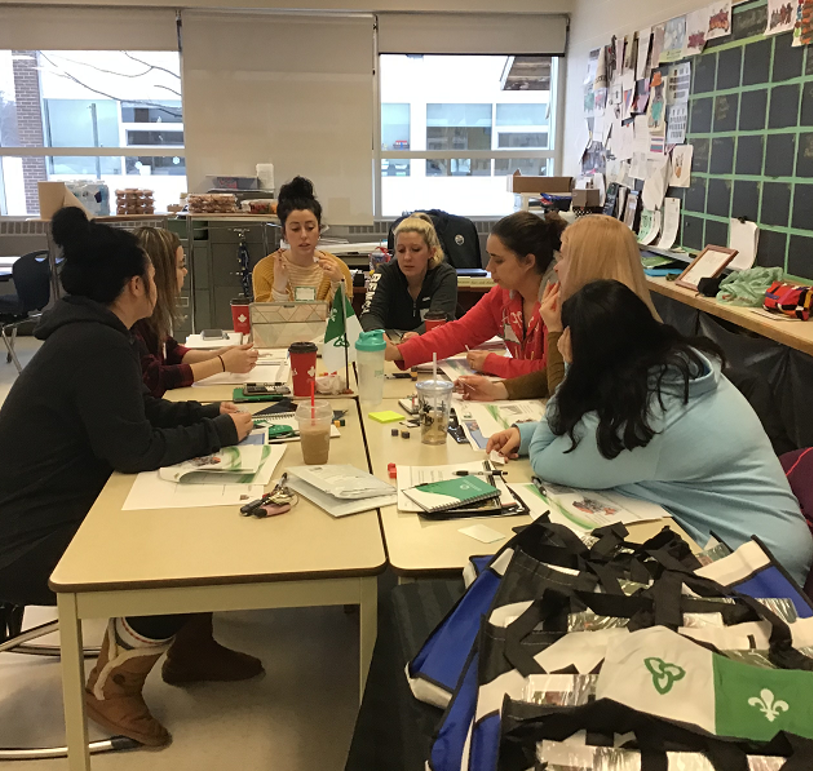
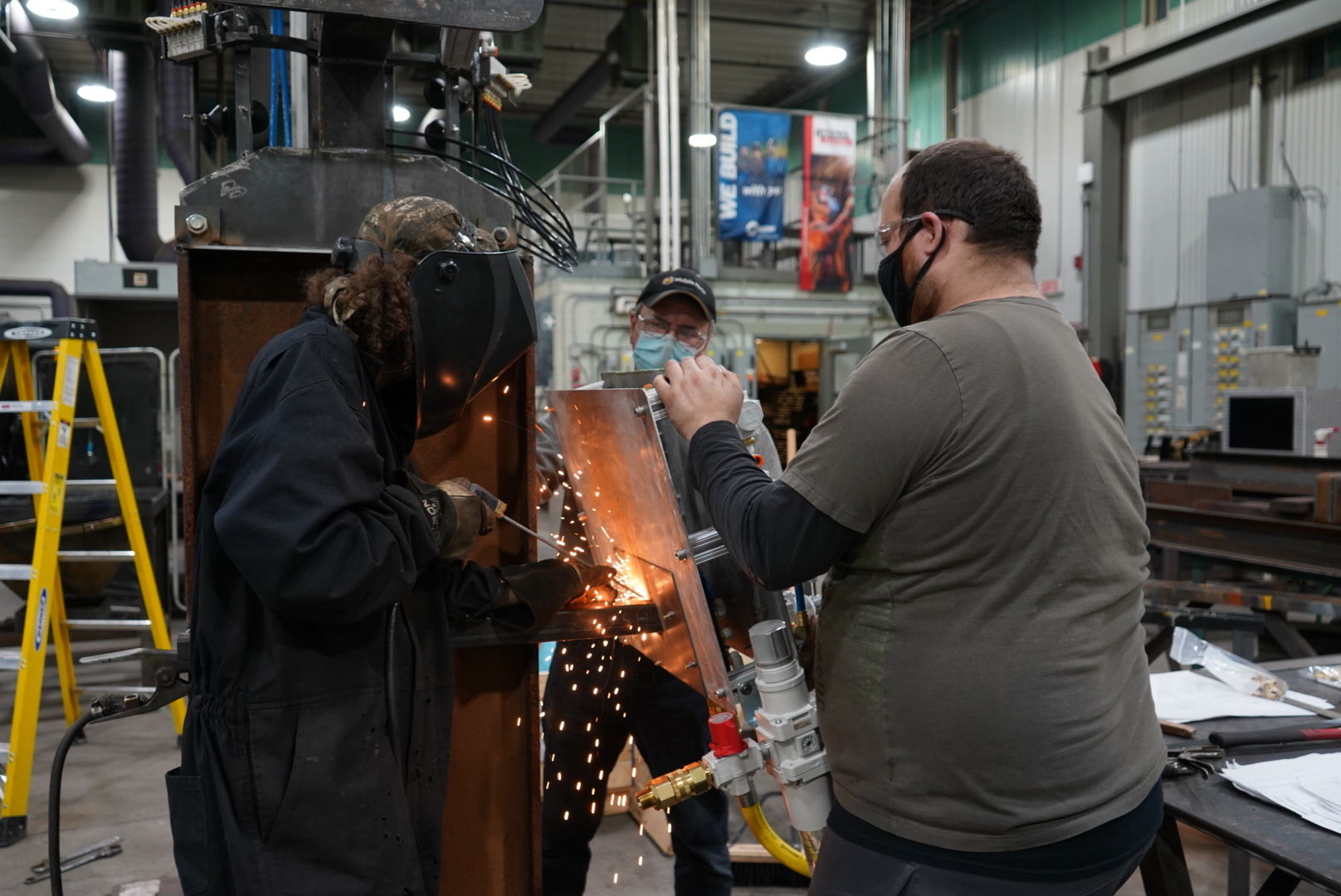

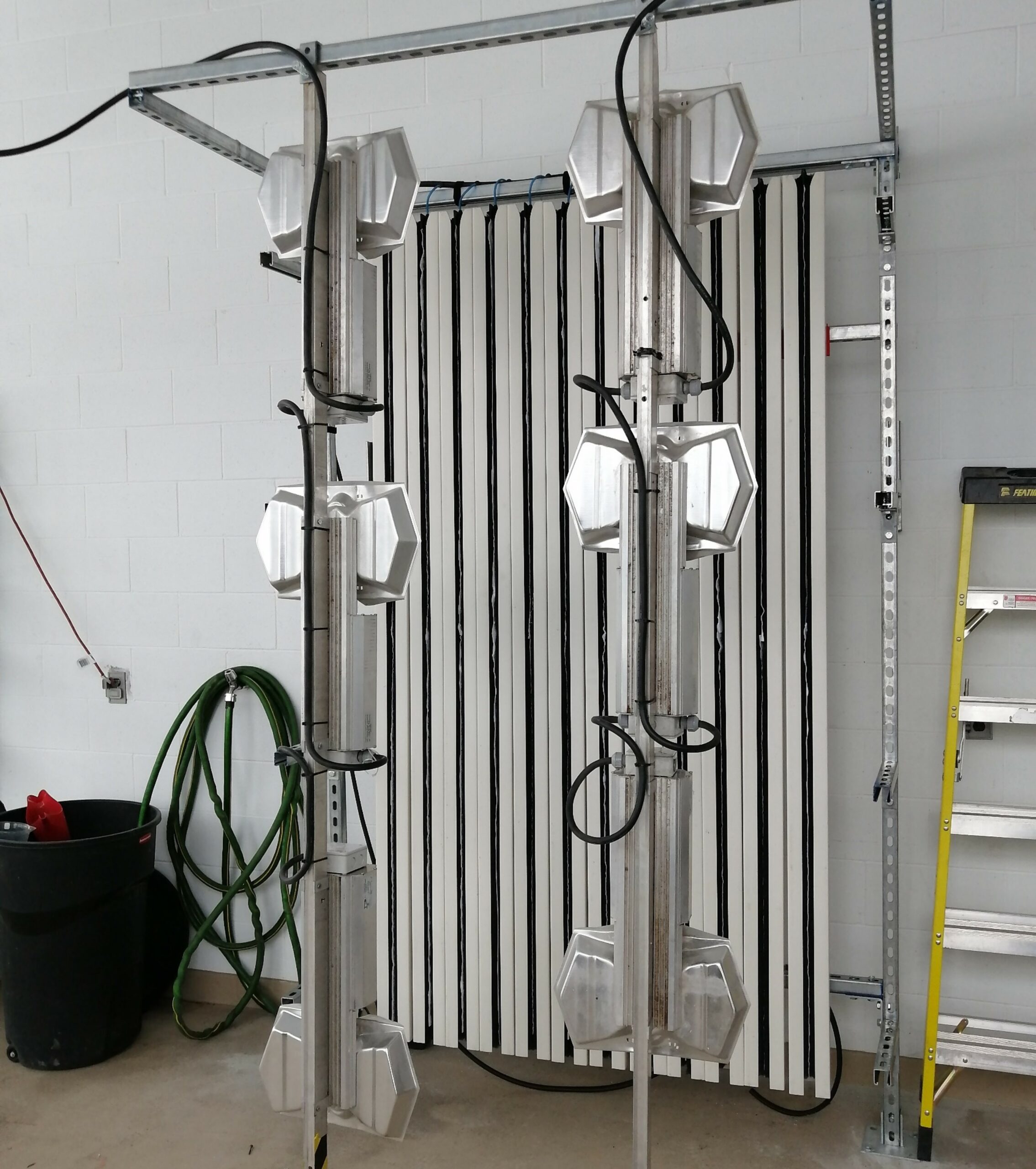
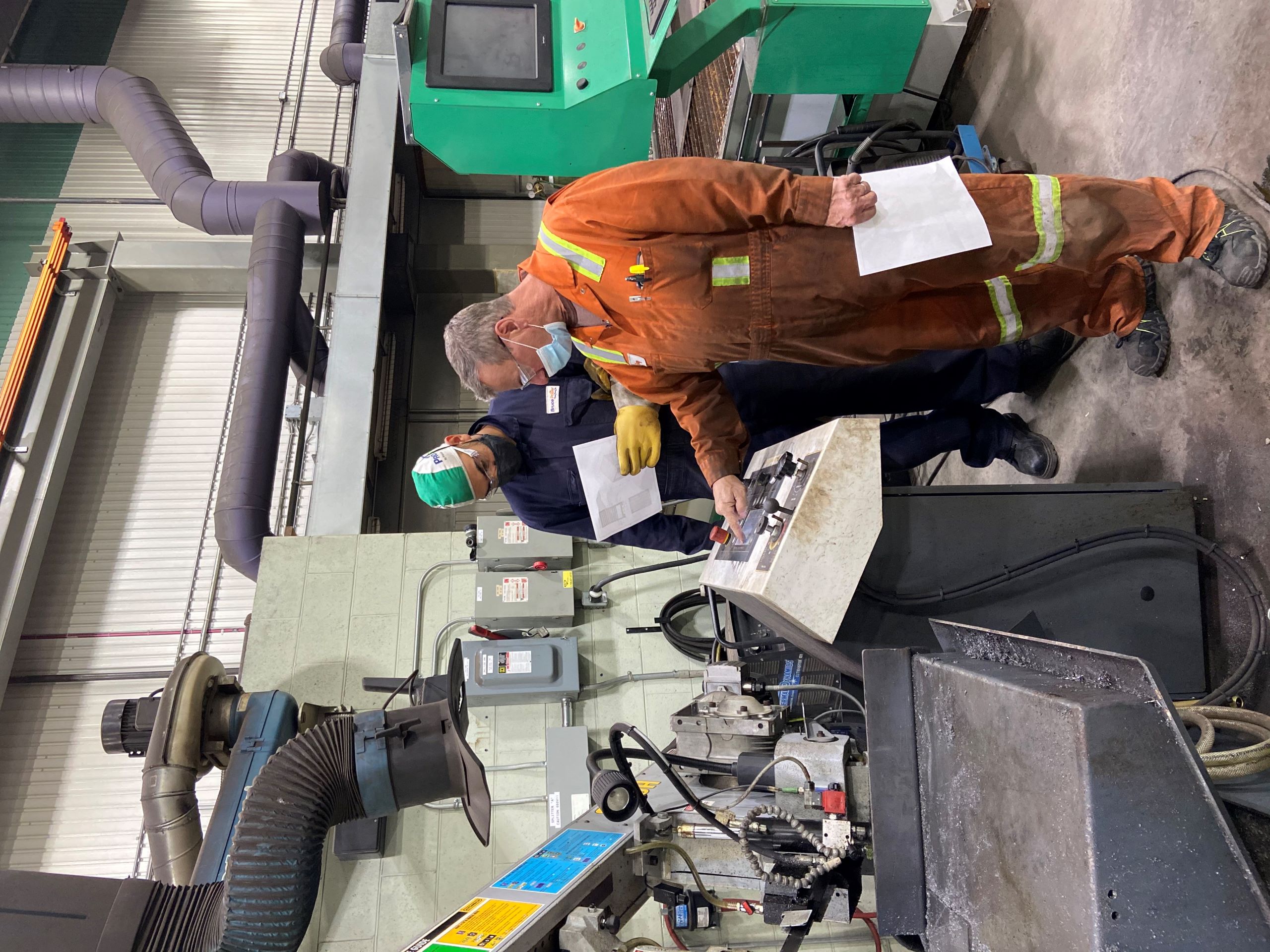
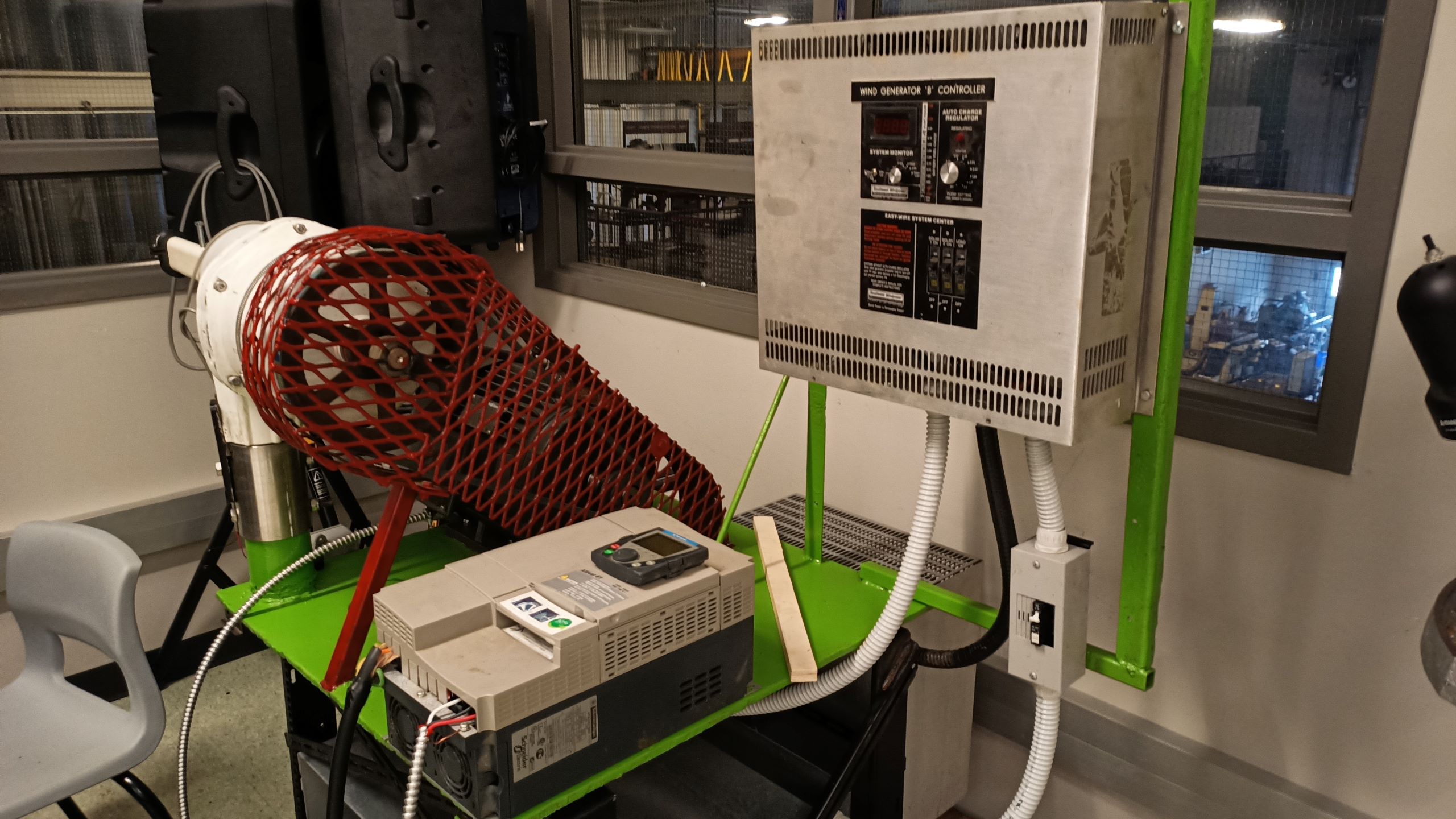
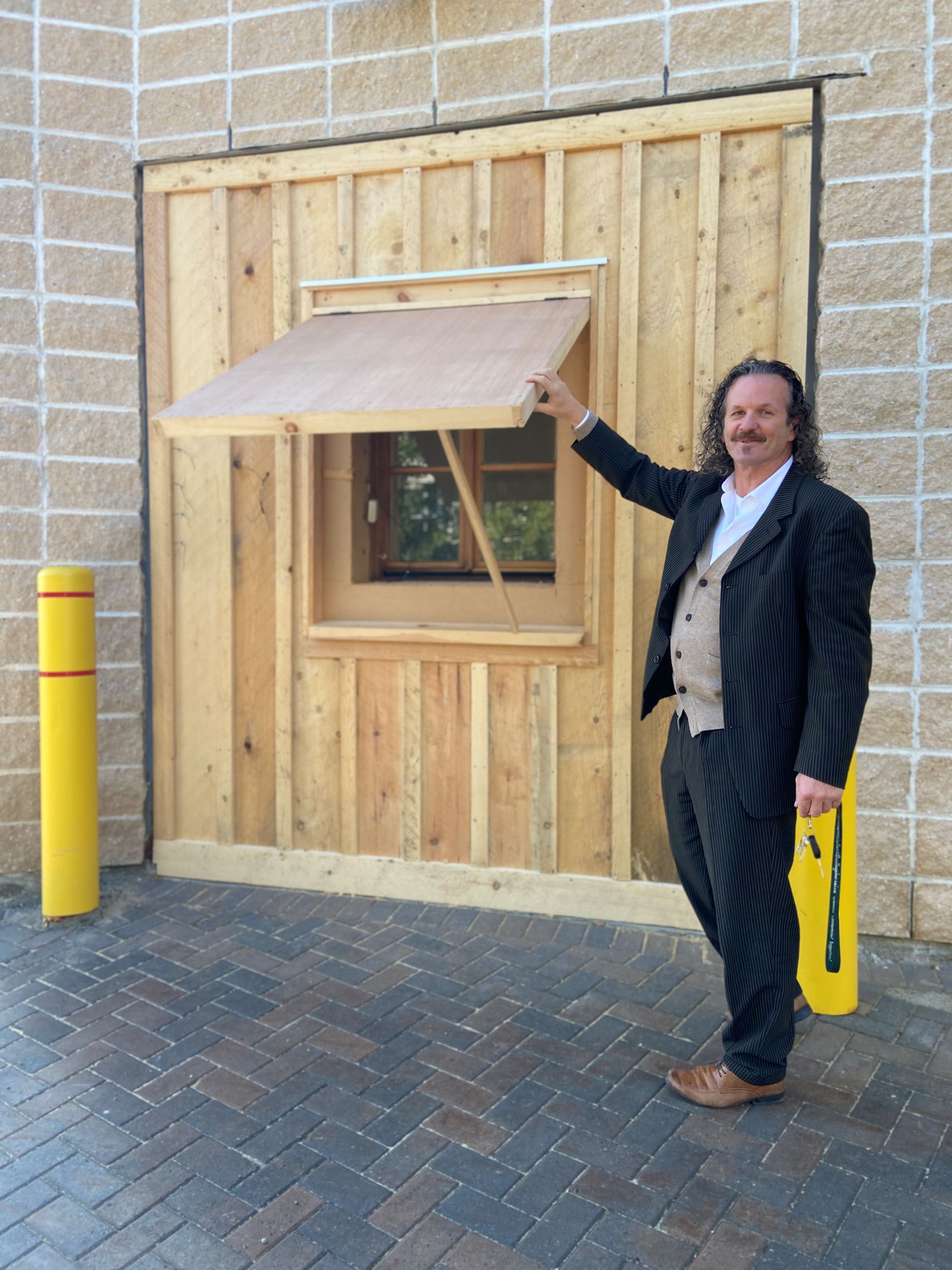
Research Week
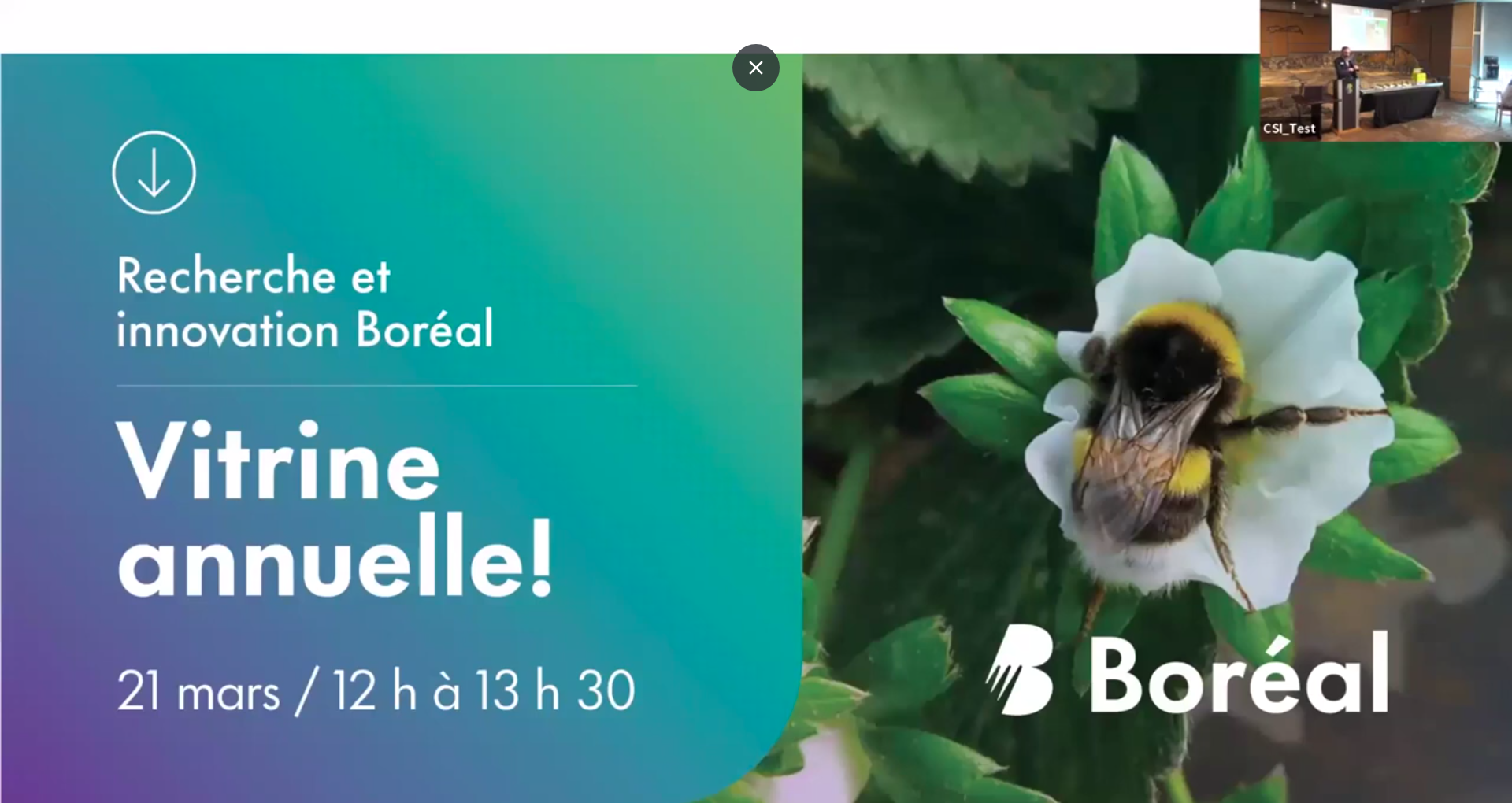
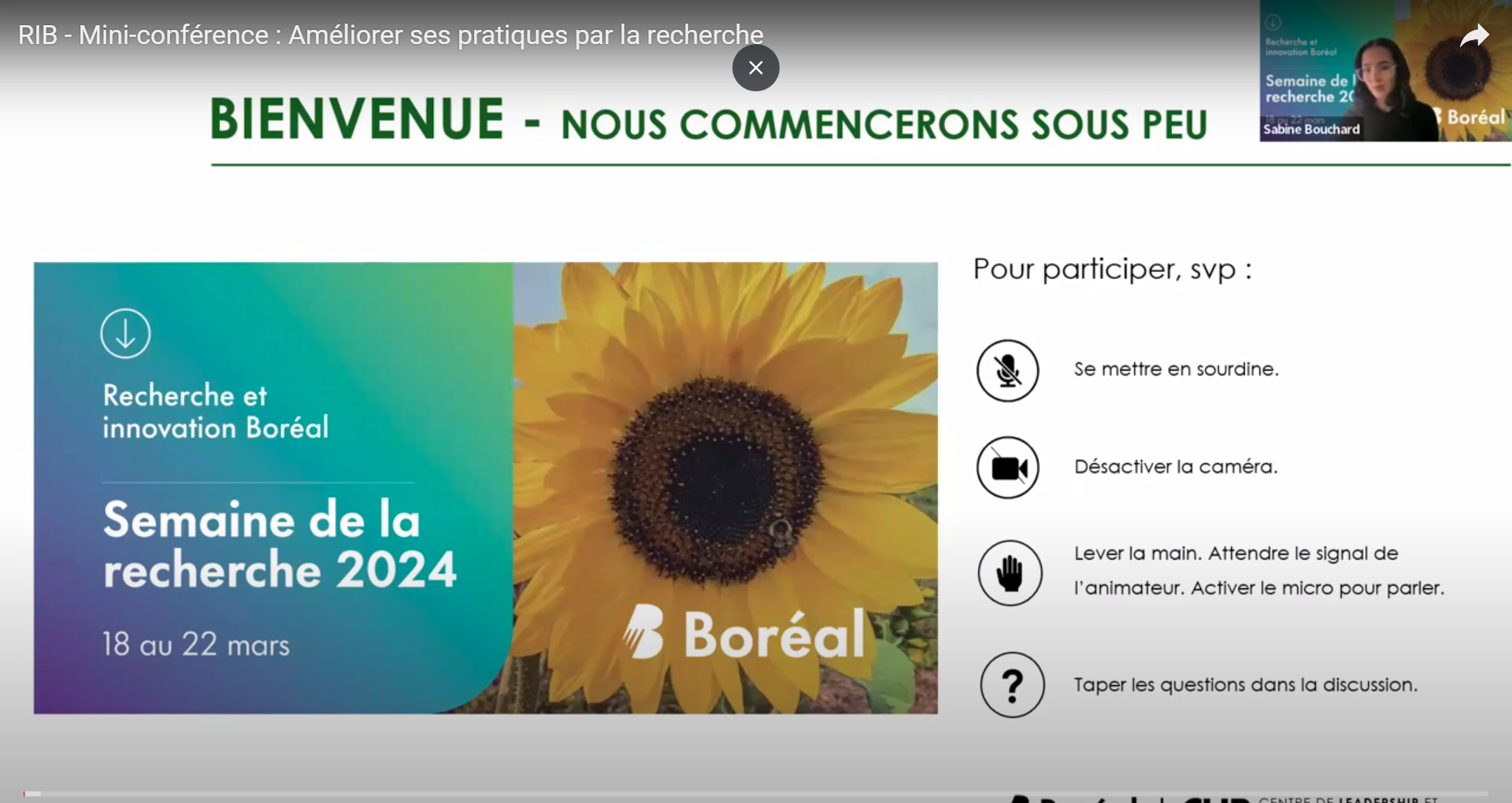
Finalist in the 2024 La Preuve par l'image contest!
Congratulations to our agricultural research team on the selection of their photo for the ACFAS science communication contest.
The contest encourages researchers to submit photos that show science through images, not words. The photo taken by our agricultural research technologist Morel Kotomale was selected as one of the 20 finalists in the 2024 competition. Go and vote for his picture “Guerre de tranchées biologique” for the People’s Choice Award.
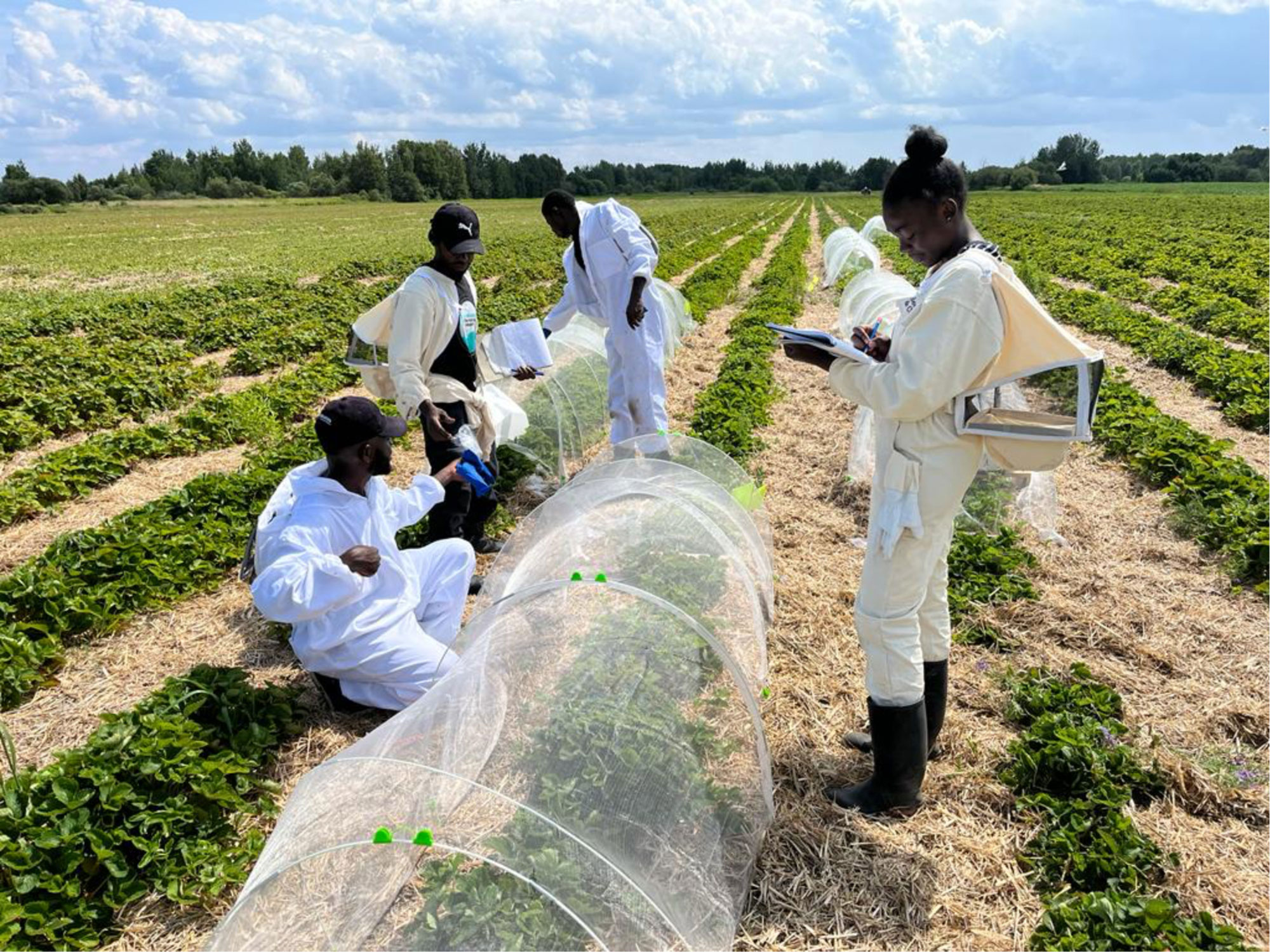
Useful Links
Useful Links

